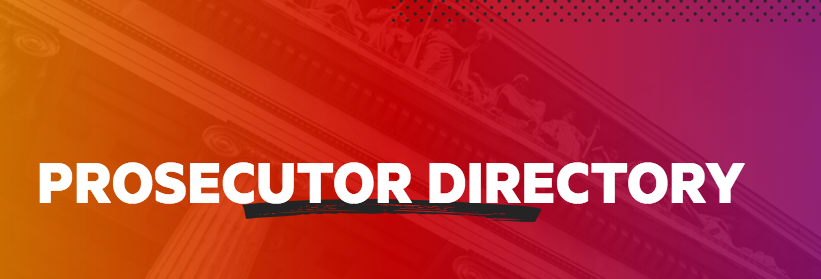Last week Color of Change—a nonprofit racial justice organization—launched a tool that no other group has yet managed to create: a searchable database of “every prosecutor in all 2,372 local districts across the country.”
The database is part of a larger project called Winning Justice, meant to hold top local prosecutors accountable for their actions.
Building on a premise that many in the criminal justice reform community have emphasized, the project homepage states that “Prosecutors have more power than anyone else in the system to end mass incarceration and police violence.” Given that, Winning Justice launched with six core demands for prosecutors:
*End money bail
*Treat kids like kids
*Stop unnecessary prosecutions
*End the secrecy
*Stop anti-immigrant prosecutions
*Hold police accountable
Recently, some newly elected prosecutors have made progress in reforming the justice system. But the vast majority of district attorneys and their equivalents have yet to take even the first steps—many are even walking backwards.
In addition to its comprehensive, searchable database, Winning Justice is different from some other projects in that it’s not directly electoral, like Shaun King’s Real Justice PAC. It can serve as a voter’s guide, but it is also meant to help form “local squads”—mobilizing activists to push their local prosecutor’s office toward specific reforms.
It is not perfect. For instance, some rural areas like Trempealeau County, Wisconsin, where anti-drug war prosecutor Taavi McMahon was just recalled, have outdated information. But the sheer dedication required to collect all of this important data for social and racial justice purposes is a credit to all involved. Check out the project here.





Show Comments